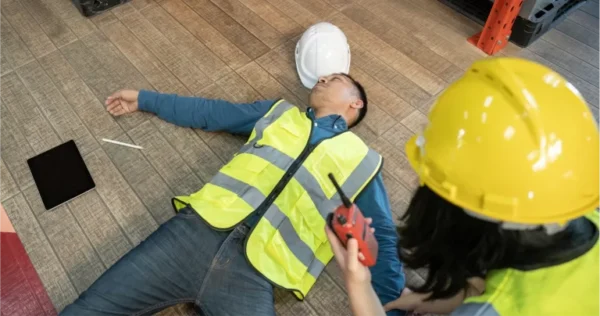Common Disputes in the Probate Process in Tennessee: Helping Family Members Resolve their Issues
Probate is a court-supervised process meant to validate the will of a deceased individual, appoint an executor, and supervise the distribution of assets in an estate. The personal representative of an estate values its assets and property, pays outstanding obligations, and distributes the rest of the assets to beneficiaries. Without a valid will, the intestate success statutes of the state will guide how the property of the deceased is passed to the heirs.
Probate disputes can result in conflict and stress within families. They usually include complex legal and familiar concerns that can be hard to resolve without a neutral party’s involvement. A skilled probate lawyer may play an important role in resolving such disputes by offering accurate and clear legal guidance. Also, the attorney facilitates communication among all the parties involved in the disputes.
Reasons Disputes in the Probate Process Happen
Tennessee probate disputes can arise from different issues associated with estate administration or will interpretation. Usually, such disputes cover various emotional and legal factors that make it hard to resolve them. if family members disagree over the intentions of the deceased or how assets are handled, the situation can become especially hard. Below are common disputes that can arise during the probate process:
- Will contests. These arise as some parties question the validity of the last will and testament of a deceased person. Interested parties can be possible heirs or beneficiaries who think the will doesn’t reflect the deceased’s intentions or was made under questionable circumstances. A will can be contested on grounds like lack of testamentary capacity, duress, undue influence, revocation, and improper execution.
- Fiduciary litigation. People who have a fiduciary duty to handle and administer a trust or estate can face fiduciary litigation. Typically, such fiduciaries include guardians, trustees, executors, or trusted agents. Interested parties like beneficiaries can sue a fiduciary if they think they acted improperly. Fiduciary litigation can be sought on grounds like accusations of estate asset mismanagement, not accounting for estate finances accurately, and unauthorized investments.
- Beneficiary disputes. These kinds of disputes usually happen when an estate plan is not updated after major life changes like childbirth or marriage. Also, unclear documentation can trigger beneficiary disputes. Common issues include disagreement over asset valuation, inclusion or exclusion of some beneficiaries, distribution timing and methods, and equality of inheritances.
Possible Impacts of Probate Disputes
Disputes in the probate process can profoundly affect the parties involved financially and emotionally. Disputing the actions of an executor or contesting a will can strain relationships. Family members may end up in expensive legal battles. The stress of litigation, while family members mourn the death of their loved one, can result in resentment.
Financially, disputes in the probate process can deplete the assets of the estate, minimizing the inheritance that beneficiaries can receive. Legal fees and court costs can quickly accumulate, especially if complex litigation is required. Such extra financial burden can lead to an increased emotional toll, which creates further disagreements among family members.
Resolving Probate Disputes
To resolve disputes, effective and open communication is necessary. An attorney can serve as a neutral party who can facilitate discussions among members of a family. Usually, probate disputes arise from a lack of communication or misunderstandings regarding the wishes of the deceased and the probate process. An attorney can organize family meetings, offering a platform for everyone to talk openly and clarify anything that is not clear about the estate plan or will.
Mediation is an important strategy to resolve probate disputes without court intervention. During the mediation process, the parties involved can discuss their issues without being adversarial and work towards an agreement that respects the wishes of their deceased loved one and the interests of every beneficiary.







